This is a list of thought provoking books that I’ve read over the past several years. They include philosophy, psychology, self help and even a novel. None of them are particularly new but they’re all still relevant, easy to read and inspirational. I hope you’ll give them a try.
As always, I would love to hear your comments,
Sian.
The Obstacle is the Way
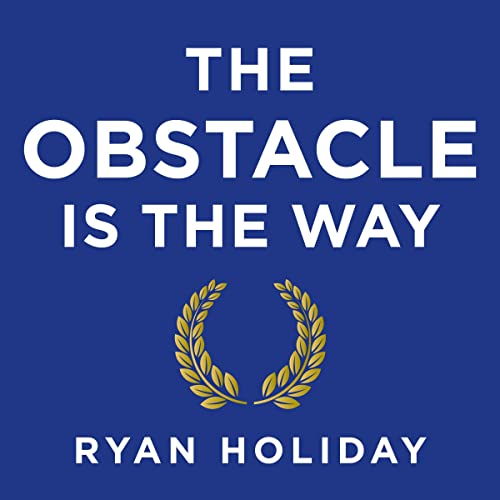
The Obstacle is the Way is a self-help book inspired by the stoic philosophy of Ancient Greece. In it, Ryan Holiday effectively distils classic stoic ideas into accessible and implementable lessons for the modern world.
The book is divided into three major sections; Perception, Action and Will. For me, the section on Perception is particularly helpful. I first read it at a very difficult time in my life, and it helped me to reframe my thinking around negative events that were outside of my control. Instead, I learned to focus on my reaction to those events, to see them clearly and unemotionally. I have reread this section many times since and it continues to be a source of help.
Action is about turning your reframed situation into ‘Right Action.’ Will focuses on cultivating inner strength and dealing with negative situations with equanimity.
I have to say that the book blurb on Amazon is for me a bit off putting, and so I haven’t included it here. Instead, I’ll just say that it has become a bit of a cult classic with a lot of celebrity endorsements. That doesn’t detract from the book however, and I encourage you to read it.
Quiet
“When you’re at a party, do you suddenly feel the desperate urge to escape somewhere quiet such as a toilet cubicle and just sit there? Until I read Quiet, I thought it was just me. I’d see other partygoers grow increasingly effervescent as the night wore on and wonder why I felt so compelled to go home. I put it down to perhaps there not being enough iron in my diet. But it’s not just me. It’s a trait shared by introverts the world over. We feel this way because our brains are sensitive to overstimulation. I am genuinely astonished by this news. In fact, I read much of Susan Cain’s book shaking my head in wonder and thinking: “So that’s why I’m like that! It’s because I’m an introvert! Now it’s fine for me to turn down party invitations. I never have to go to another party again!””
Jon Ronson’s review of Susan Cain’s book Quiet, so completely mirrors my own feelings when I first read this book, that I don’t feel it’s necessary to add to it. If you’re an introvert (or suspect from the above that you might be) read the article, read the book. It will change your life.
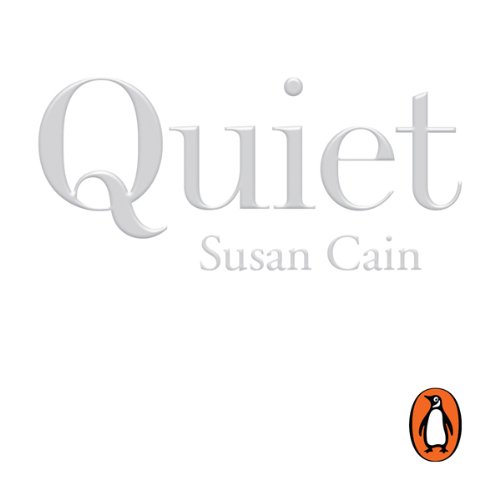
Talking to Strangers
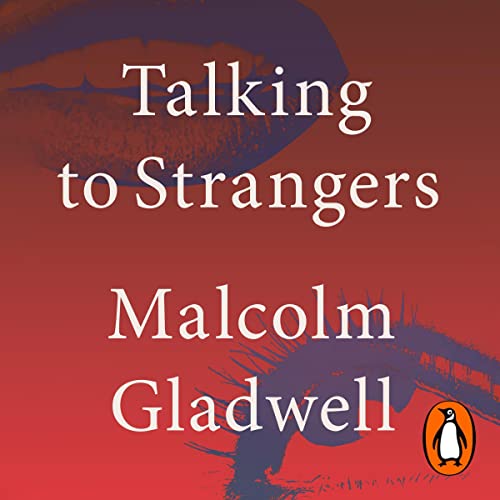
Malcom Gladwell is the master of inviting us to rethink the way we think. In Talking to Strangers, he takes us through a series of encounters and misunderstandings – many of them familiar from global news media – where strangers were not as straightforward as presumed, and the misreading of them lead to disastrous and sometimes fatal consequences.
Gladwell uses the example of a routine traffic stop that ends in tragedy, a spy who spends years undetected at the highest levels of the Pentagon and the false conviction of Amanda Knox to illustrate his point. Why do we so often get other people wrong? Why is it so hard to detect a lie, read a face or judge a stranger’s motives?
Gladwell’s premise is that we naturally default to a presumption of honesty and transparency when dealing with others. For Gladwell it is this inbuilt ‘default to truth’ that leads to so many communication problems and errors of judgement.
A shoutout for the Audiobook version – Gladwell reads it himself and inserts recordings and interviews with key protagonists. It’s a great listen.
Thinking, Fast and Slow
Written by a Nobel Prize winning scholar Daniel Kahneman, this book tackles questions of intuition and rationality. Don’t let that put you off though. It’s surprisingly easy to read. The chapters are short, the writing is clear, and the arguments are well supported by interesting examples from behavioural studies. This is the blurb piece from the audio version which sums it up much better than I could: –
“In Thinking, Fast and Slow, Kahneman takes us on a ground-breaking tour of the mind and explains the two systems that drive the way we think and make choices. One system is fast, intuitive and emotional; the other is slower, more deliberative and more logical. Kahneman exposes the extraordinary capabilities-and also the faults and biases-of fast thinking and reveals the pervasive influence of intuitive impressions on our thoughts and behaviour. The importance of properly framing risks, the effects of cognitive biases on how we view others, the dangers of prediction, the right ways to develop skills, the pros and cons of fear and optimism, the difference between our experience and memory of events, the real components of happiness-each of these can be understood only by knowing how the two systems work together to shape our judgements and decisions.”
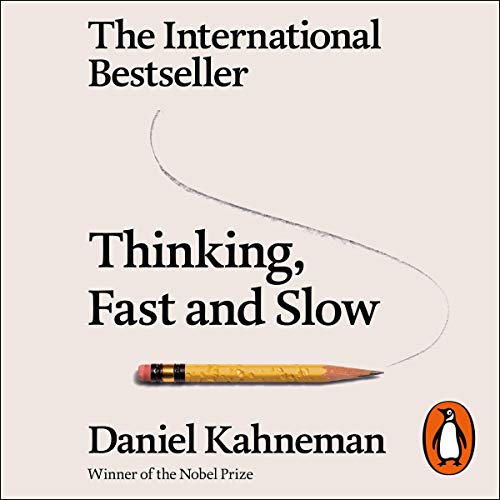
Extra Time: 10 Lessons for an Ageing World
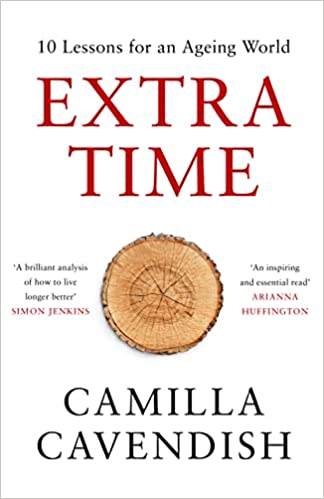
Camilla Cavendish is a British journalist and former head of the Downing Street Policy Unit under Prime Minister David Cameron. She has written an interesting book about global demographic change and the failure of governments to respond to it. For the first time in history, the number of people aged 65 and over outnumbers children aged five and under, yet most countries are doing little to take account of this unprecedented change. Systems and policies lag way behind this new reality.
In this carefully researched book Cavendish contests many of the taboos around ageing. She Interviews leading scientists about breakthroughs that could soon transform the quality and extent of life and sparks a debate about how governments, businesses, doctors, the media and each one of us should handle the second half of life. She argues that if we take a more positive approach, we should be able to reap the benefits of a prolonged life.
After reading this I couldn’t help but wish that Camilla still had the ear of the British Prime Minister. Current thinking often writes off those over sixty as a burden on society. The reality is that many sixty- to seventy-year-olds are fit, healthy and in their new middle-age. They offer a wealth of experience and talent that is currently going to waste. Camilla’s book should be mandatory reading for those setting policy in this space.
The Authenticity Project
And now for something completely different!
This book is an easy and delightful read. Entertaining and charming it also gets the reader thinking about just how authentic the face is that we put on for the world. Give it a go. This is the cover blurb:
Six strangers with one thing in common: their lives aren’t always what they make them out to be. What would happen if they told the truth instead?
Julian Jessop is tired of hiding the deep loneliness he feels. So he begins The Authenticity Project – a small green notebook containing the truth about his life.
Leaving the notebook on a table in his friendly neighbourhood café, Julian never expects Monica, the owner, to track him down after finding it. Or that she’ll be inspired to write down her own story.
Little do they realise that such small acts of honesty hold the power to impact all those who discover the notebook and change their lives completely
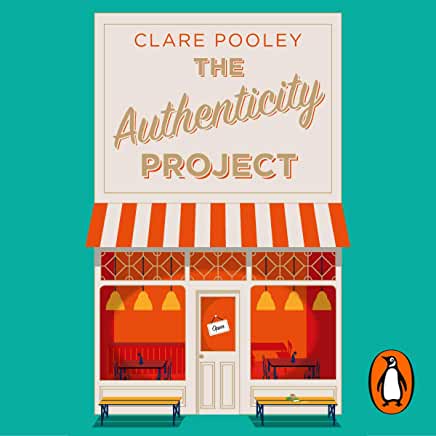
You might also like…


Leave a Reply